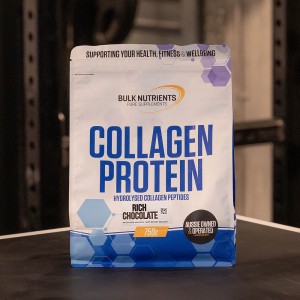What is Bovine Collagen?
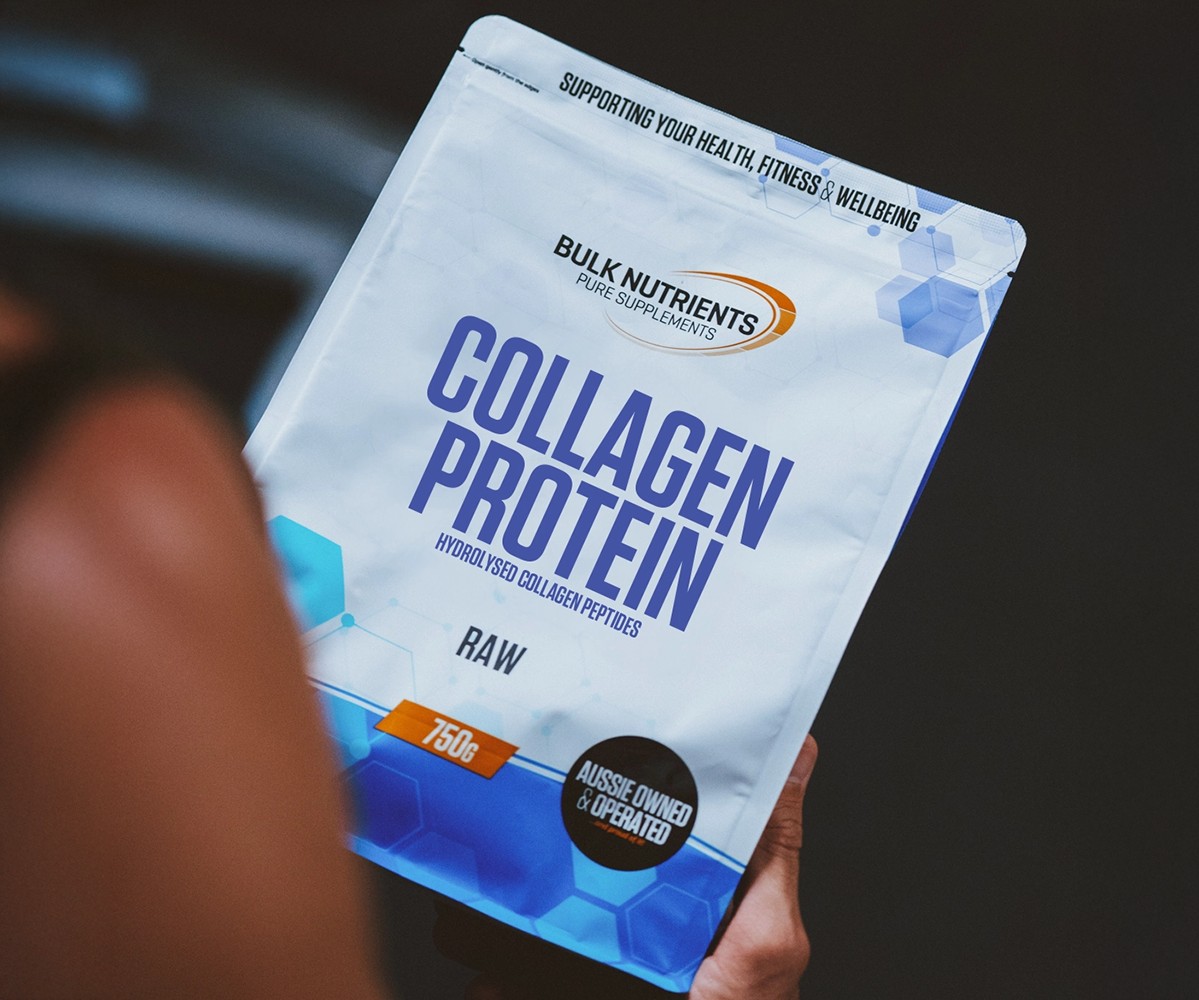
Bovine Collagen is a naturally-occurring protein in many bovine species, such as yaks, antelopes, bison, water buffalos and cows.
Most Bovine Collagen is derived from cows because their hide and connective tissues are rich in collagen. These tissues would otherwise be discarded by the meat industry, however, because they are abundant in collagen, the hides are upcycled and used to create quality health products.
In many cultures around the world, people have always consumed the organ meat and connective tissue of cows. However, in many Western countries today, people only eat the muscle meat of cows, which doesn’t contain all of the rich nutrients found in other areas of the body.
That’s why Bovine Collagen is now extracted from the hide and connective tissue and converted into an easily-digestible supplement.
Bovine Collagen is extracted by boiling cattle byproducts in water. This extract is then dried and powdered to form the supplements we use today.
There are three types of collagen: Type 1, Type 2 and Type 3. Type I accounts for over 90% of human collagen, and taking Bovine Collagen boosts Type 1 and Type 3 in our bodies.
What Are Type 1 and Type 3 Collagens?
Type I collagen is important for your skin, bones, tendons and ligaments, providing it with mechanical durability and strength.
On the other hand, Type III collagen is present in your skin, muscles and blood vessels. Since Bovine Collagen boosts both types, it can help with strengthening your skin, bones, tendons and more.
Bovine collagen is mainly formed by three important amino acids: glycine (33%), proline and hydroxyproline (22%). These are the crucial building blocks of collagen, tendons and ligaments. Hydroxyproline in particular can also promote normal inflammatory processes and support immune functions.
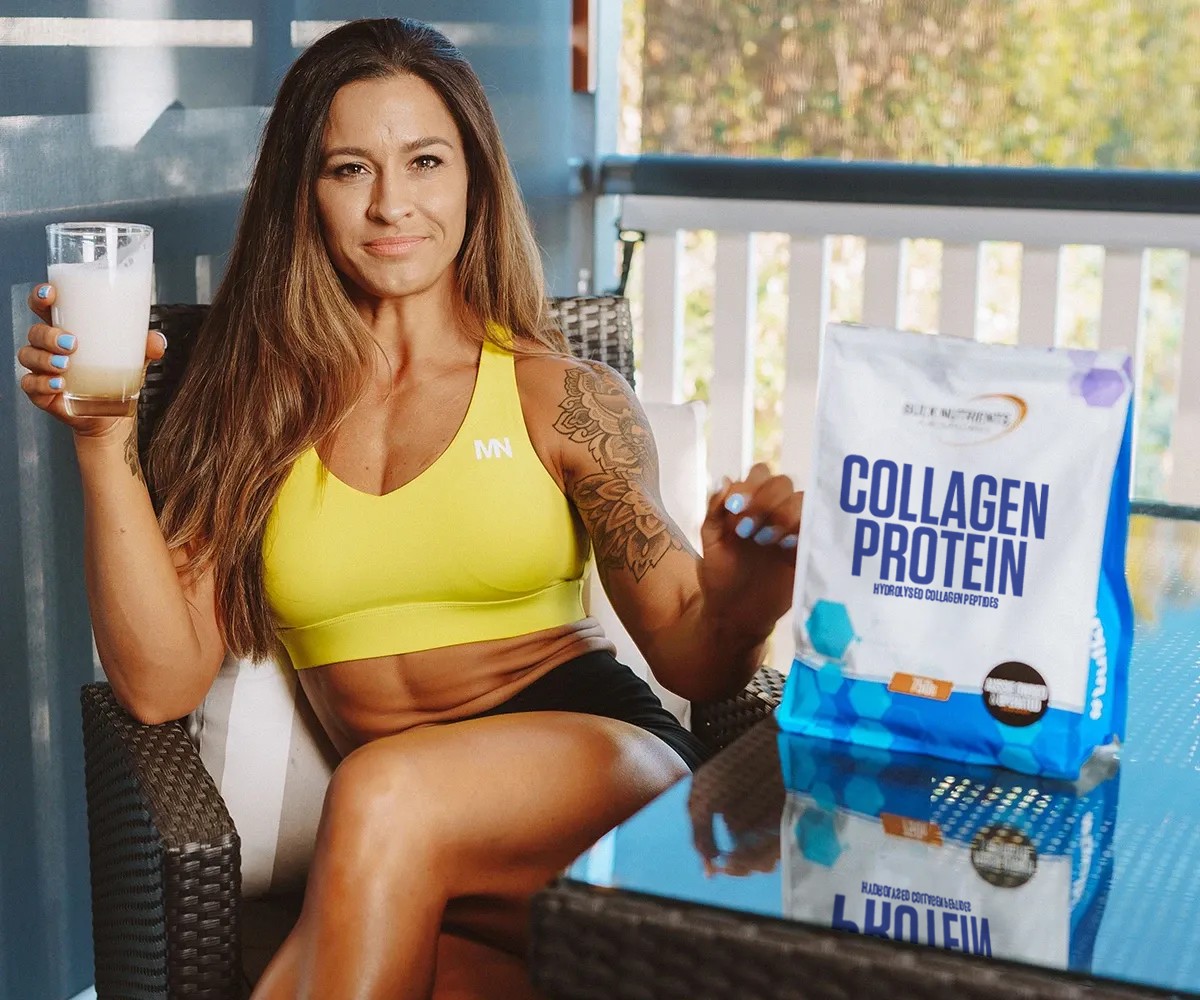
What Is Better: Bovine or Marine Collagen?
Other collagen types, such as marine collagen, boost Type I and Type II collagen. Type II collagen is formed from loose fibres that give your joints their bounce and make your cartilage elastic.
We recommend Bovine Collagen if you're interested in improving your athletic capabilities by optimising growth. Our Collagen Protein powder is powered by Bovine collagen/ If you’re looking to improve your joint health and your cartilage, then marine collagen may be a better option for you.
Benefits of Bovine Collagen
Now that we understand what Bovine Collagen is, let’s look at the benefits of taking it.
Over time, our body’s collagen production decreases. This can be due to ageing, smoking, sun exposure, excess alcohol, lack of sleep and even exercise.
There are many benefits of Bovine Collagen:
- It can support your weight loss goals, as it is a protein that can keep you feeling fuller.
- It can help you build muscle mass, as protein plays a big role in muscle building.
- It can help strengthen your skin, bones, tendons and more.
- It can help alleviate osteoarthritis symptoms.
- It can increase your skin’s elasticity, hydration and dermal collagen density.
- It can reduce skin ageing and reduce the likelihood of wrinkles.
However, while Bovine Collagen has shown promising results in recent studies, there is a need for more human studies to verify its effects.
Types and Uses of Bovine Collagen Supplements
There are two types of Bovine Collagen supplements: gelatin and hydrolysed Bovine Collagen peptides (or hydrolysed collagen/collagen protein, for short).
Gelatin is the same gelatin you’ll find in most pantries. It’s typically powdered and is used in desserts or to thicken liquids. You might find this in custards, gelatin desserts or soups and stews.
But what are Bovine Collagen peptides? Also known as hydrolysed Bovine Collagen peptides, a Bovine peptide is a type of collagen that is broken down to make it easier for your body to absorb.
It comes in the form of powders, tablets or capsules, and even face, body and hair products.
At Bulk Nutrients, our Collagen Protein powder comes in Rich Chocolate, Vanilla, Salted Caramel, and Cold Brew Coffee. Also extremely popular is the raw/unflavoured version - and our occasional limited editions!
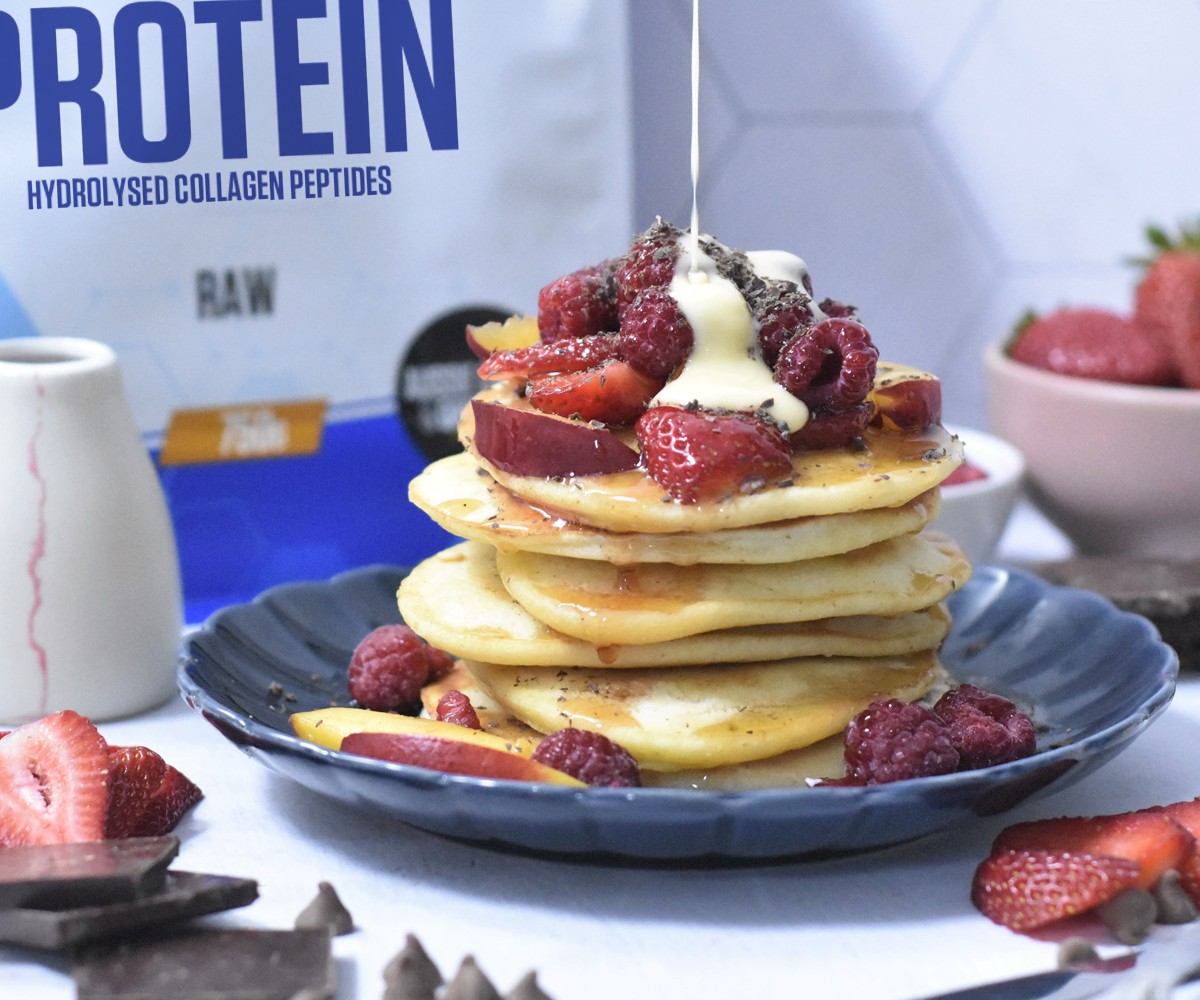
Bovine Collagen’s Side Effects
Prior to taking any supplements, understanding their side effects is essential.
While Bovine Collagen is well-tolerated and has very few side effects, some users can experience a bloated or upset stomach if taken in gelatin form.
Some users also find it unpleasant in taste if taken in other forms.
You should also avoid Bovine Collagen if you are allergic to beef or cow proteins, as it is a cow byproduct.
Bovine Collagens: Takeaways
So, what is Bovine Collagen?
Bovine collagen is a substance mainly taken from cows, known to help you improve your skin’s elasticity, build your muscles and alleviate osteoarthritis symptoms.
Bovine Collagen is most commonly taken in powder form. However, it may cause bloating if taken in a gelatin form and may be unsuitable for those sensitive cow proteins.
Boost Your Collagen Intake with Bulk Nutrients
Since 2008, we’ve been leaders in the nutritional supplements space. Aussie-owned and operated, our range of supplements is made from pure, natural ingredients that deliver real results.
If you’re looking to boost your collagen, our Collagen Protein powder range is the perfect option for you. Get it in delicious flavours like Chocolate and Cold Brew Coffee, or opt for an unflavoured one to add to your smoothies.
Browse our products and find a nutritional supplement that suits you today!
Want to Try Collagen Protein for Free?
Well, you're in luck! Here at Bulk Nutrients we're so confident you'll love our range that we're giving away free samples! Simply click the photo below, enter your details and choose your favourite Collagen Protein flavour - and our speedy dispatch team will have a free Collagen Protein sample to you in next to no time!


Ben Crowley, founder of Australia's top sports supplement brand, Bulk Nutrients, combines two decades of industry experience with a commitment to employee work-life balance and career growth.
A firm believer in quality, Ben founded Bulk Nutrients to provide affordable, high-quality products, even amid global challenges.
Apart from business, he enjoys family time, outdoor activities, and adrenaline-charged car projects.
More about Ben CrowleyRelated Blogs

What is Hydrolysed Collagen?
Posted by Nick Telesca
Estimated reading time: 5 minutes

Discovering Collagen Hydrolysate: More Than Just Anti-Ageing
Posted by Nick Telesca
Estimated reading time: 6 minutes
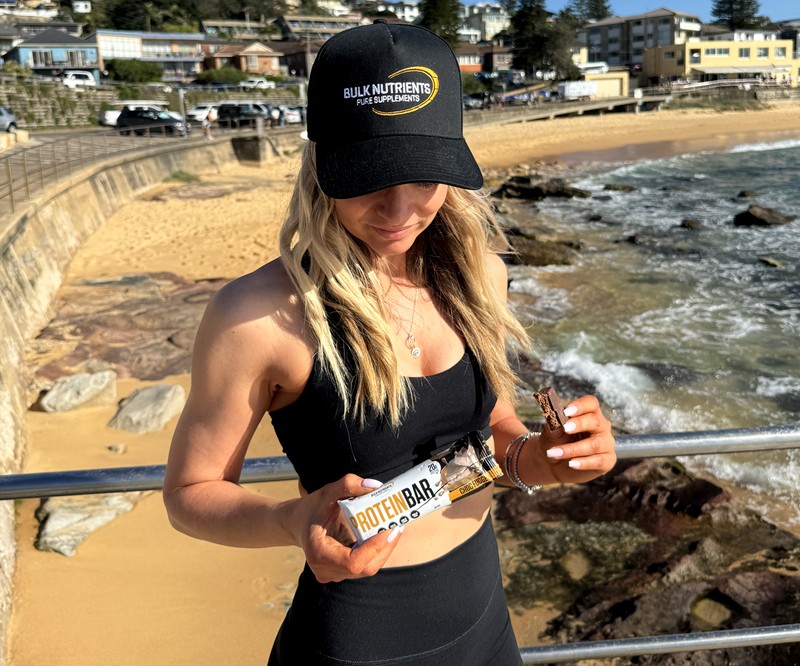
Hydrolysate in Protein and Collagen
Posted by Ben Crowley
Estimated reading time: 5 minutes
